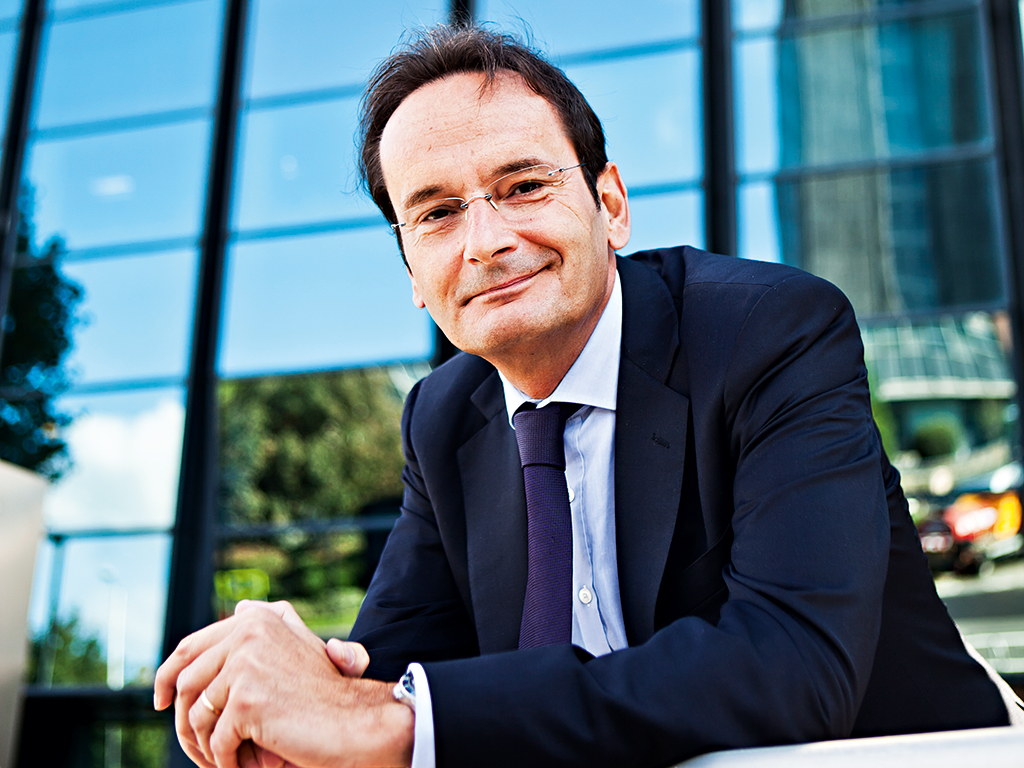
To rein in skyrocketing costs and meet increased demand, some health insurers are changing from a focus on treating disease to a focus on maintaining good health. Better health outcomes will inevitably lead to lower costs, according to Richard di Benedetto, President of Aetna International, which was recently named European CEO’s Best Healthcare Solution 2013 award winner.
“We see ourselves as partners with our customers with the shared goal of preserving health,” says di Benedetto. “Technological innovation is the big lever to meet that goal. We have vast sets of clinical data that can help devise the right strategies to improve the prevention of illnesses and other medical conditions.”
Take, for example, Aetna’s big data initiative on metabolic syndrome, a condition influenced by poor eating habits and sedentary living. This combination of five biometric factors, including large waist circumference and high glucose levels, can indicate that a person is at high risk of heart disease, diabetes and stroke. Metabolic syndrome, an epidemic in the Middle East and affecting approximately 25 percent of the US population, places a huge burden on healthcare systems since the cost of treatment is about 60 percent higher than treating otherwise healthy people, according to Aetna’s data.
Encouraging results
Recently, Aetna – which specialises in expat health insurance – studied biometric data from 36,000 people using a new analytic platform that was able to forecast which individuals were likely to develop metabolic syndrome in the next year. People found to be at a high risk were invited to take part in individualised wellness plans that included one-on-one sessions with a personal coach, online food logging, activity tracking, and behaviour management. Initial results are encouraging, says di Benedetto. “About 85 percent of our first group never missed a coaching session in the first 10 weeks.”
When people are sick and living in another country our outreach can make a world of difference
There have been powerful claims data analytics can also find potential gaps in patient care that can lead to sicker populations. With the goal of lowering hospital readmission rates, Aetna International has deployed a team of doctors and nurses who routinely reach out to its international members after they have been discharged to make sure they understand their treatment and next steps.
“When people are sick and living in another country our outreach can make a world of difference to help them adhere to their doctors’ recommendations,” said di Benedetto. “For many of our members, knowing our clinicians are watching out for them offers peace of mind to help them get better quickly.”
Staying mobile
Mobile technology is another tool Aetna is using to reach out to its customers to maintain better health, even to change their habits to use more cost-effective ways to access healthcare.
Aetna insures about 80,000 students from the Middle East who are attending university in the US. In their home country, the students visited hospital emergency rooms for routine medical care. To reorient those students toward primary-care physicians, who can focus more on prevention and coordinate treatment, the company launched a text messaging and social media campaign about health matters. The result has been fewer high-cost ER visits and better overall health outcomes.
Aetna recognises that human interaction is the differentiator to change behaviour that can forestall ill health. “Technology is a powerful tool to identify patterns of risk, but inspiring people to alter unhealthy lifestyle habits is much more complex,” said di Benedetto. “That’s why the personal touch has to be part of the game plan. We encourage that spark of motivation that can help each individual to live a healthier life.”

